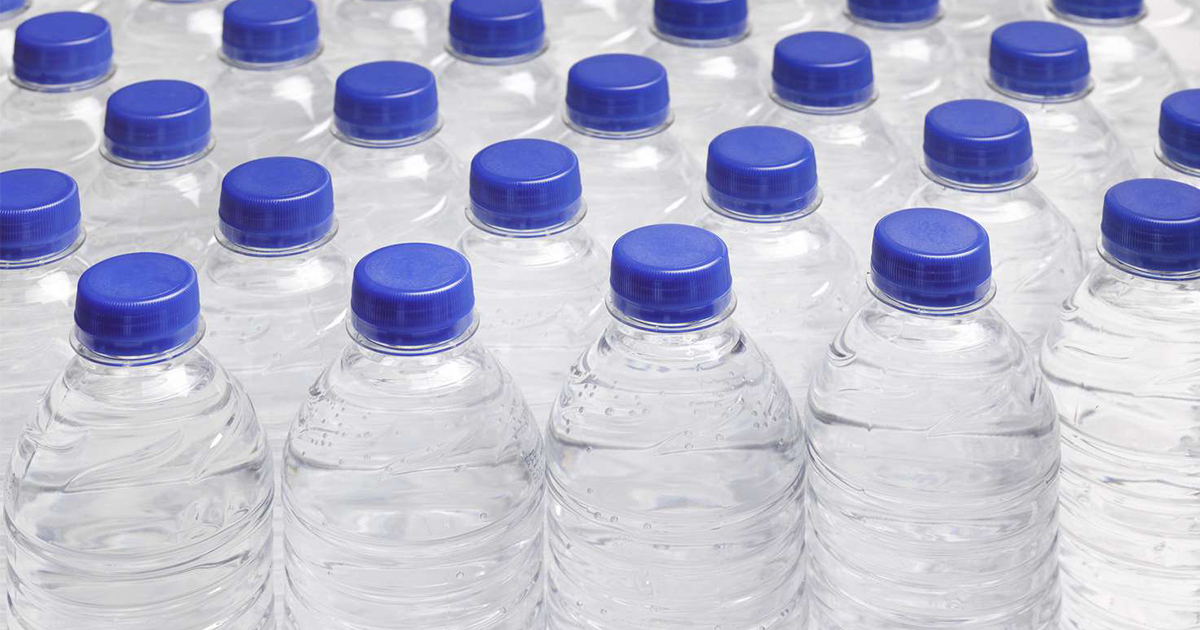How Water Influences Our Kidney Health

Water is part of the vital nutrients of a healthy balanced diet. There are a lot of science-based benefits of drinking enough water.
As drinking water brings many health benefits, it is also frequently asked whether increasing water intake beyond recommendation can improve kidney function. The answer is varied.
Increased fluid intake prevents stone formation in the kidney as water help cleats sodium, urea, and osmoles. The study recommends increasing water intake to increase urine volume to avoid reoccurrence. As frequent reoccurrence of stone formation can damage kidney tissues and thus could elevate the risks of kidney problems, increasing water intake in such cases is beneficial to kidney health. A large Canadian study also found that increased urine volume predicted a slower renal decline in the six-year follow-up.
However, the result might be different for people with chronic kidney problems. In a randomized controlled trial, no significant result showed that coaching to increase water intake could slow the progression of kidney problems in a year. Less is more for people who are already receiving dialysis, as fluid intake is often greatly restricted.
There is no one size fits all in water consumption guidelines. It should be adjusted based on activity level, weather, and health condition. Consult healthcare provider when necessary. Drink water wisely to protect health!
- * All research and clinical data should be used as reference purposes only, results may vary.




